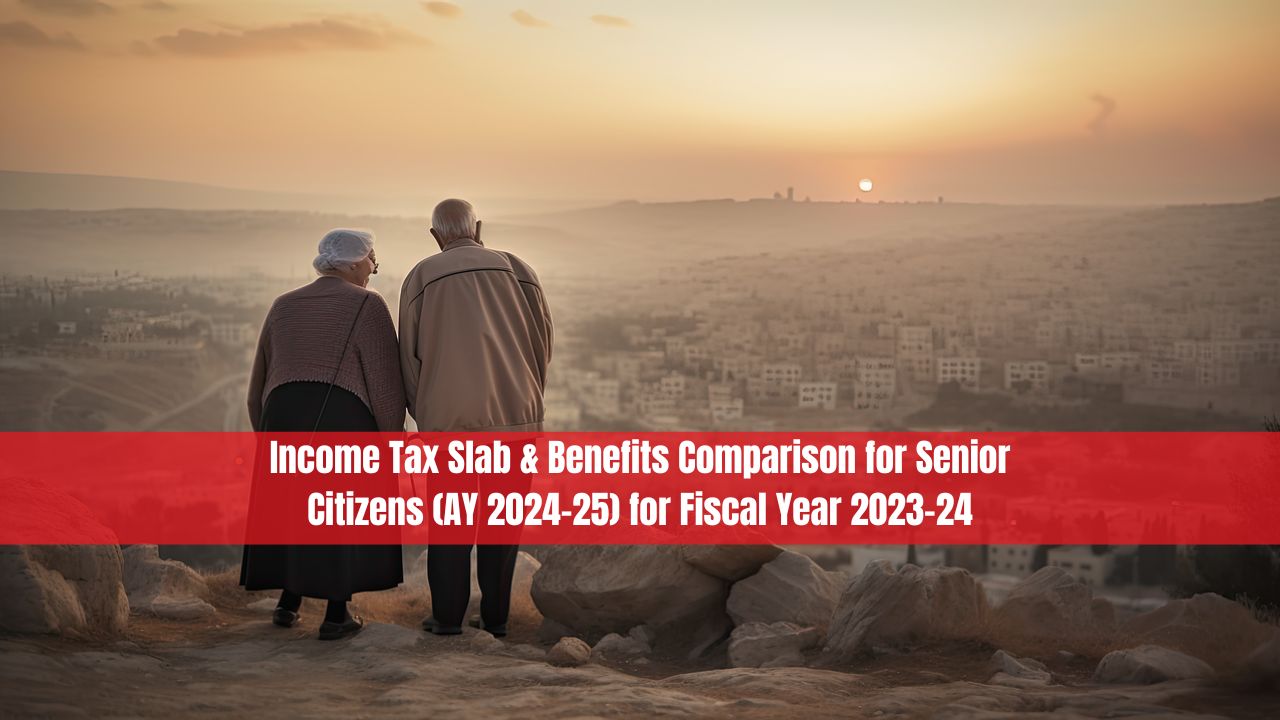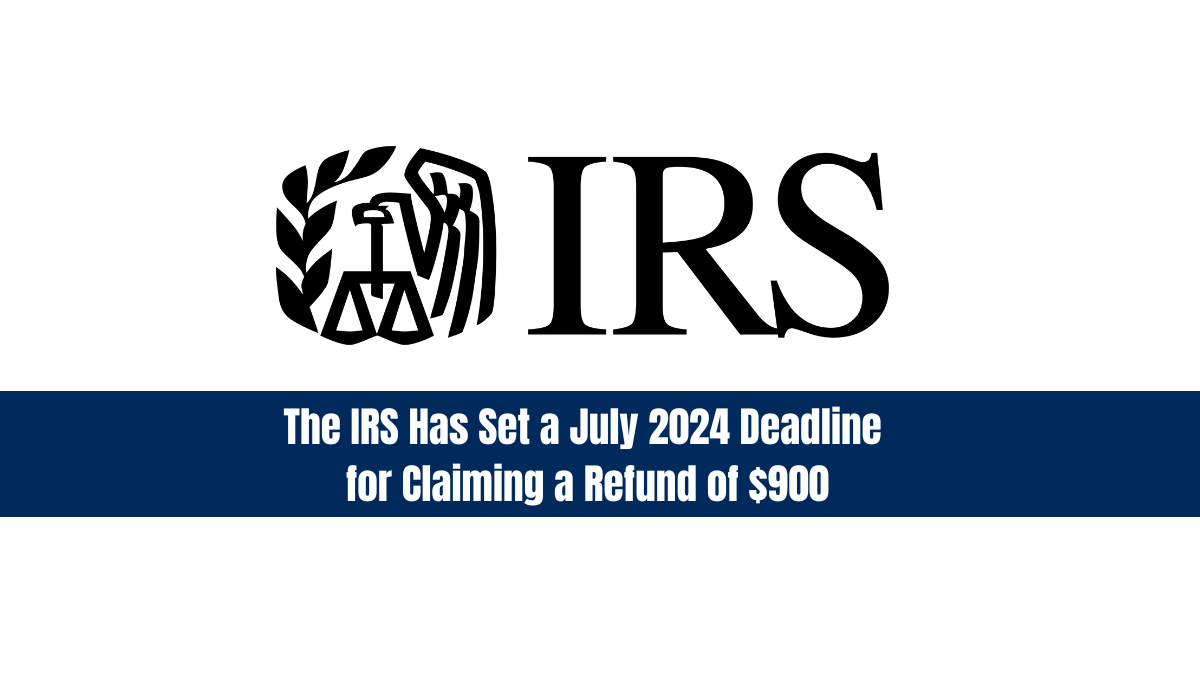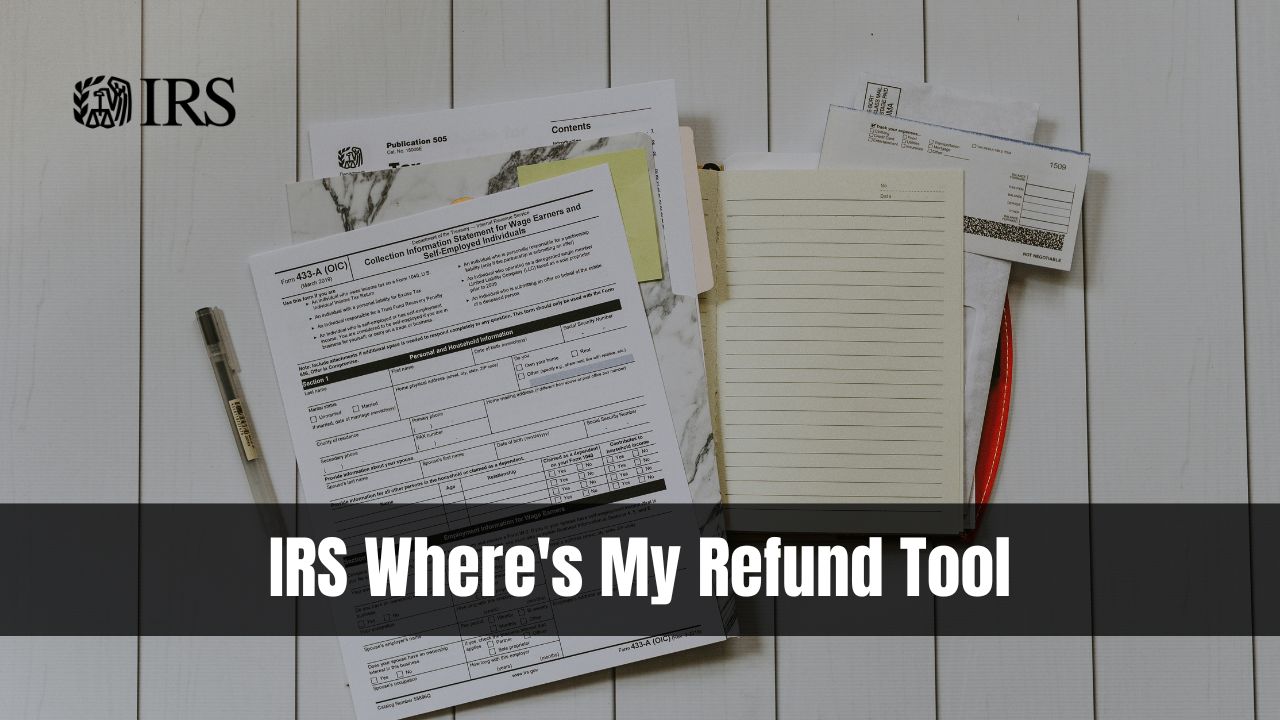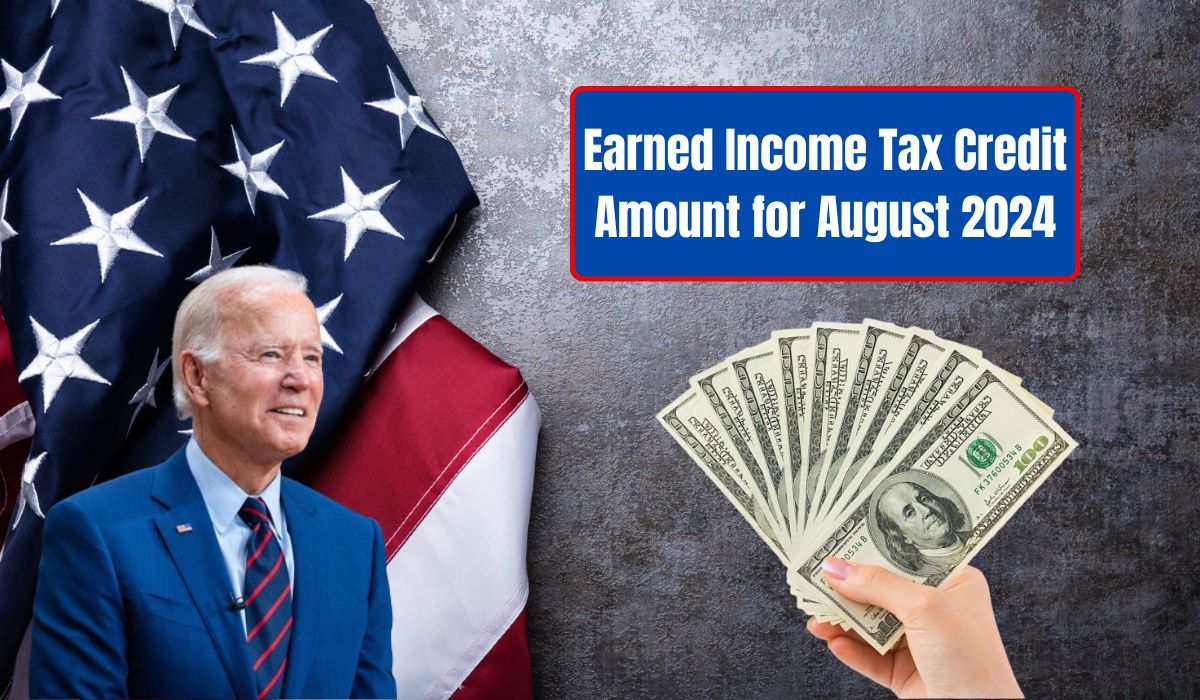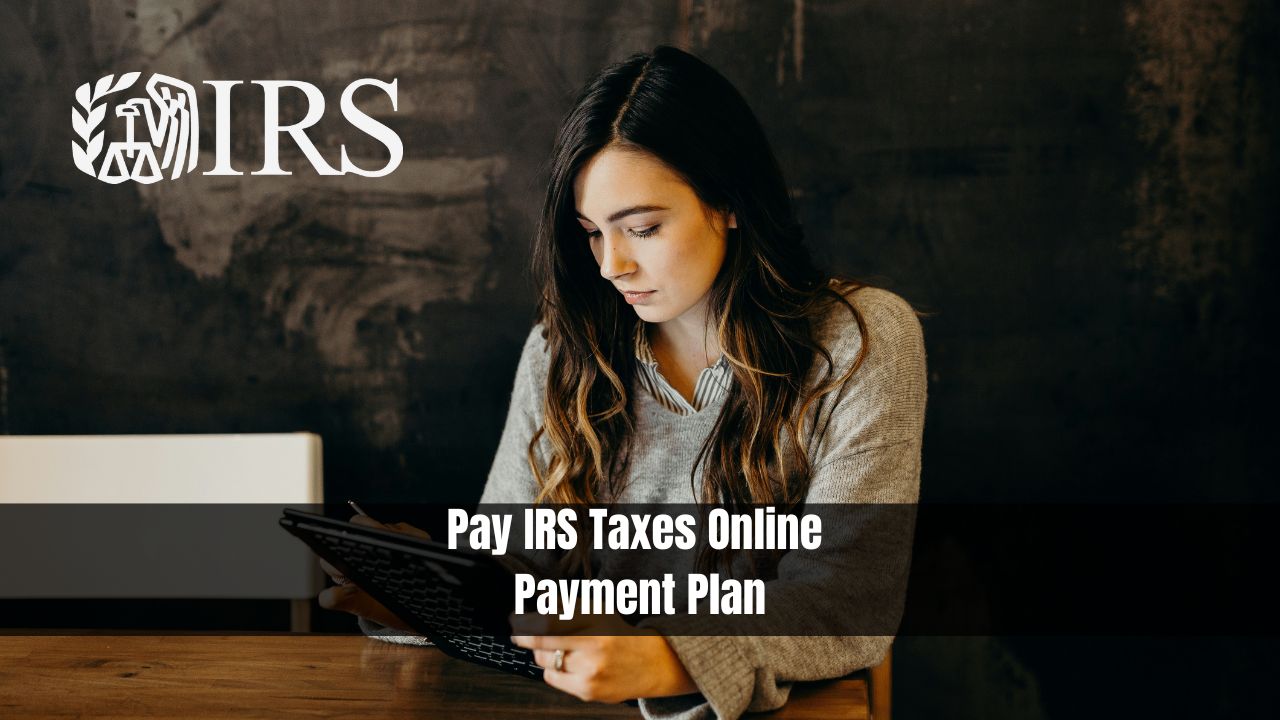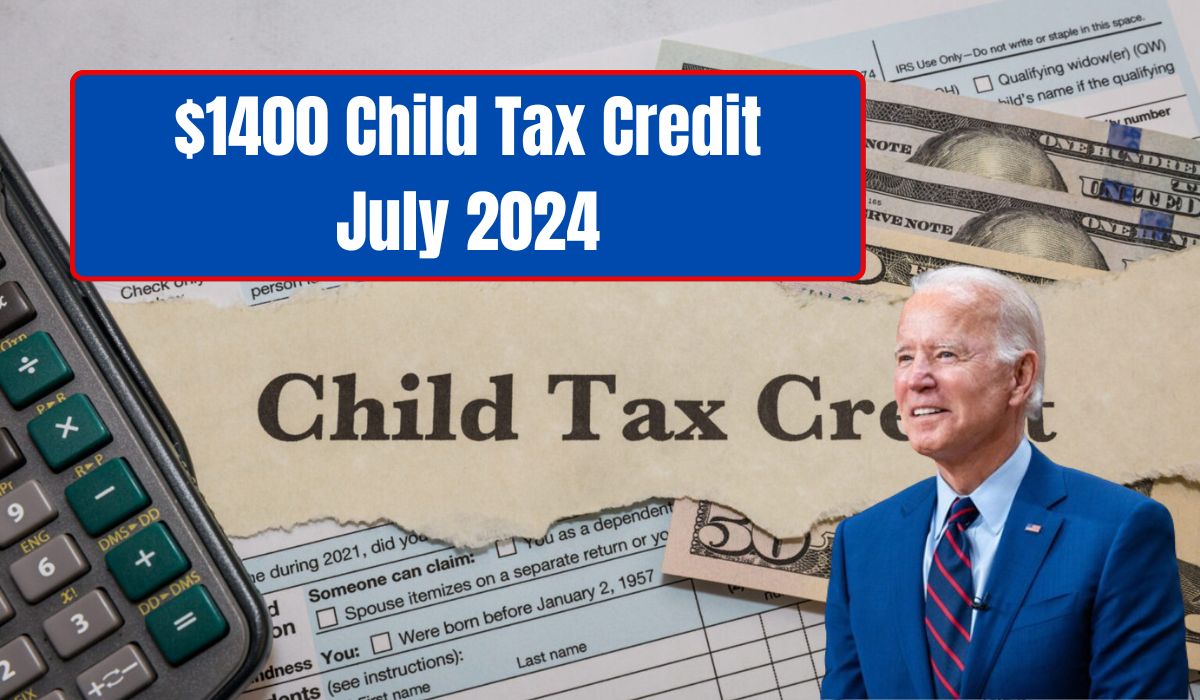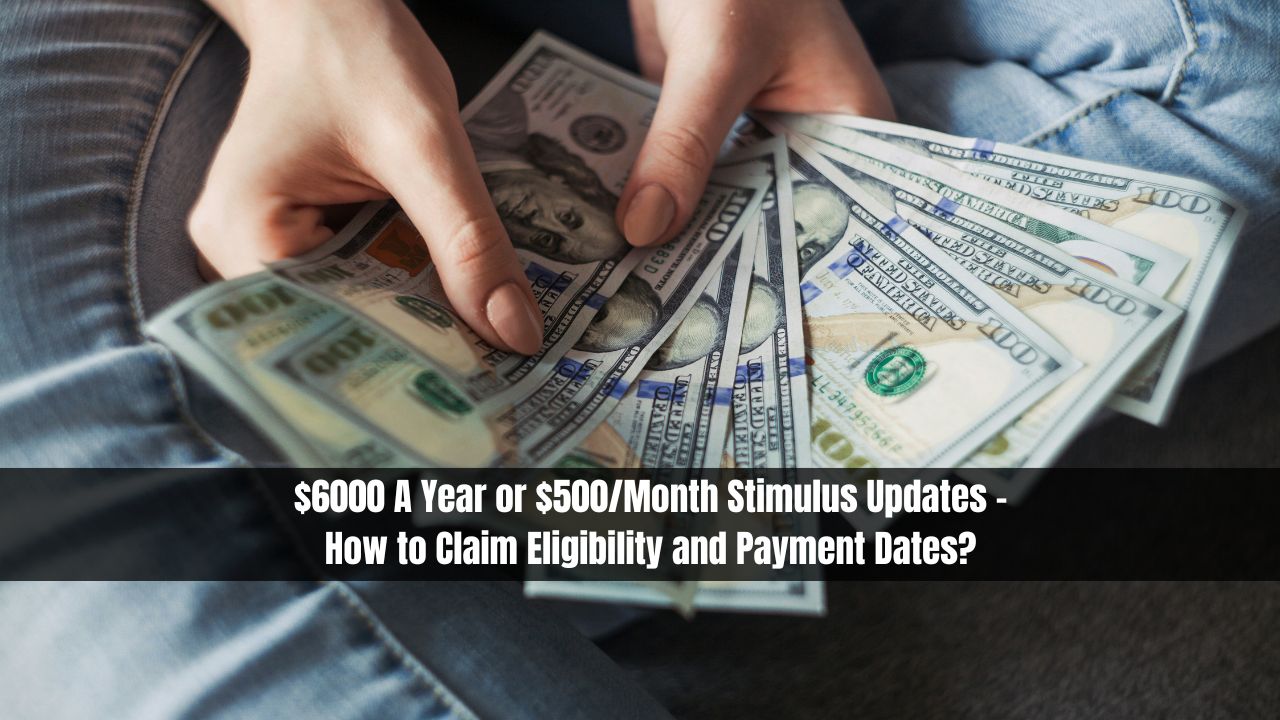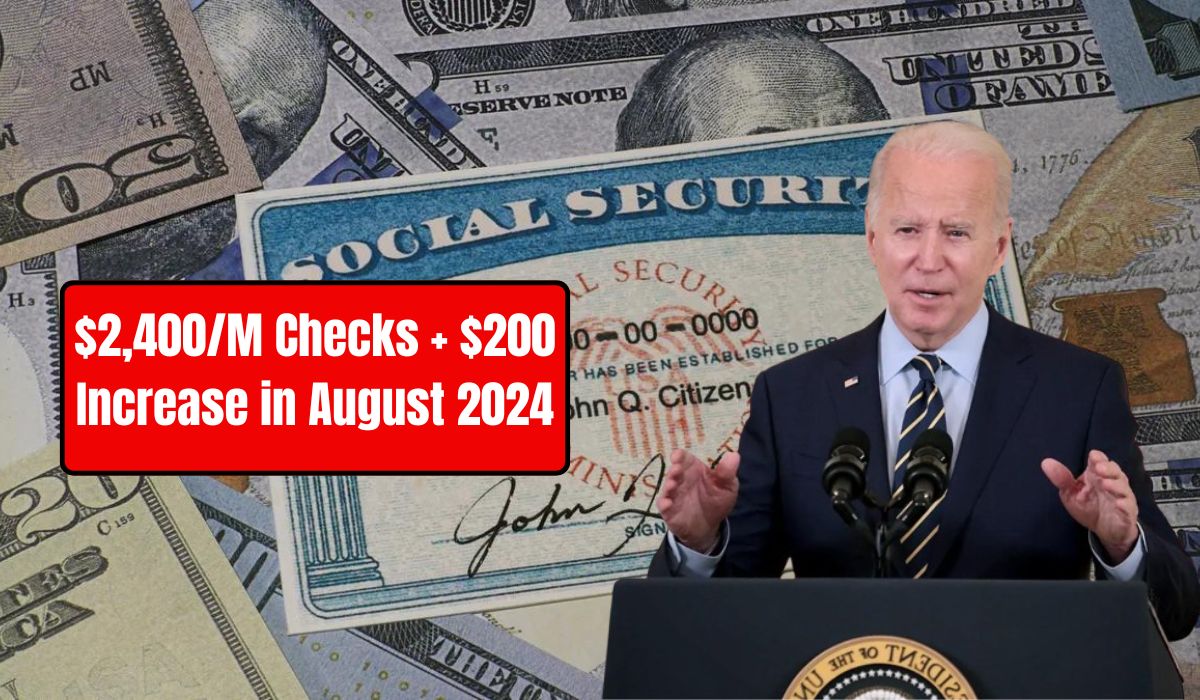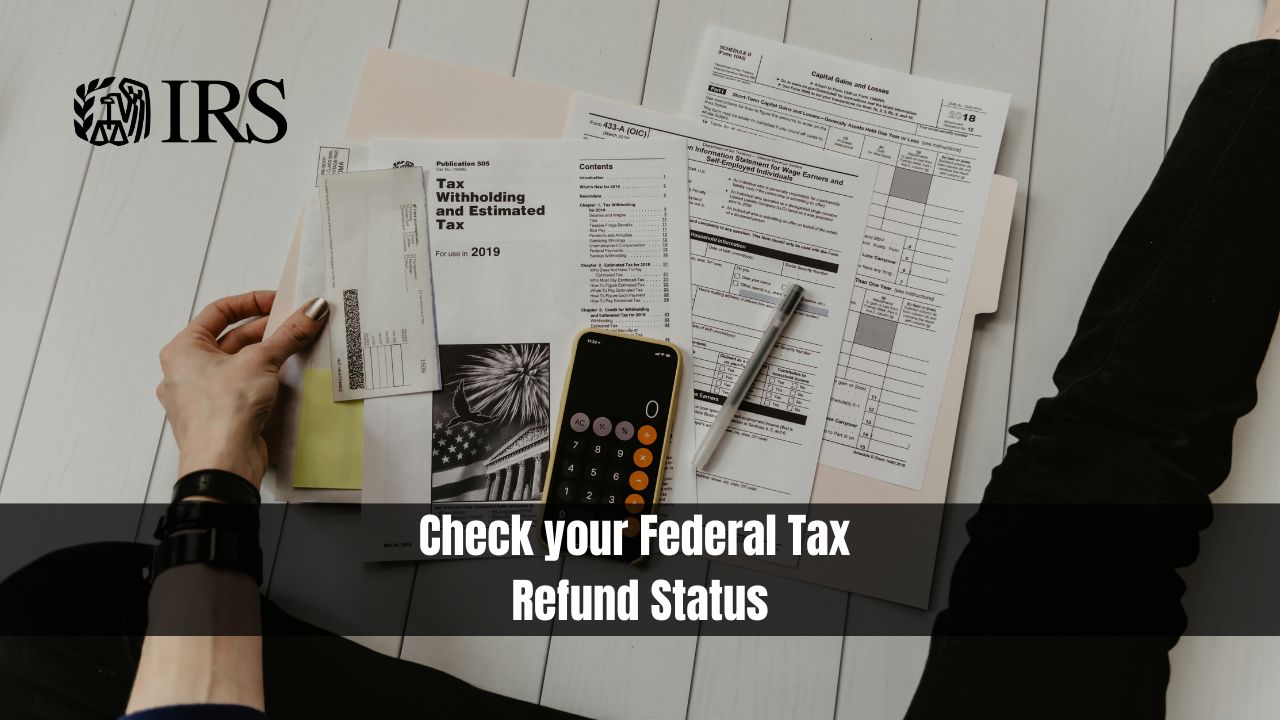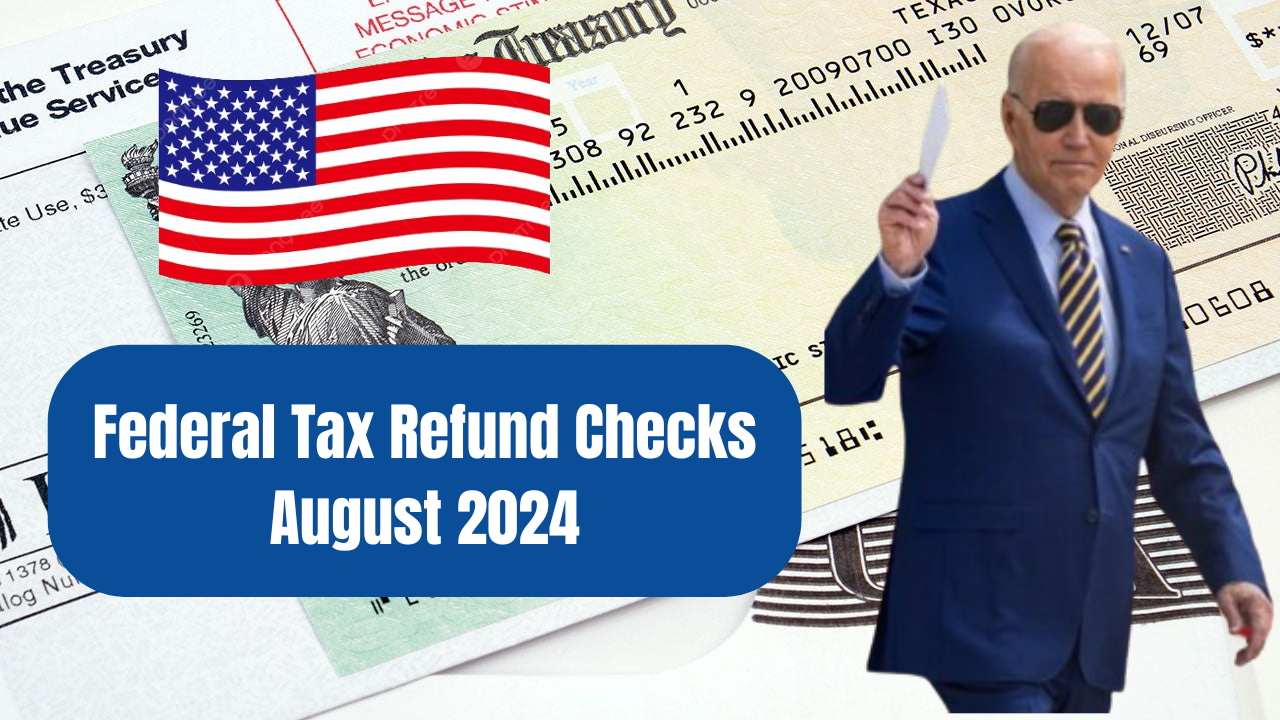Income Tax Slab & Benefits Comparison for Senior Citizens (AY 2024-25) for Fiscal Year 2023-24. The Income Tax Act of 1961 defines a senior citizen as an individual aged 60 or above but less than 80, and a super senior citizen as an individual aged 80 years or above. The income tax provisions applicable to both resident senior citizens and super senior citizens differ, providing specific benefits to each group.
Income Tax Slabs for Senior Citizens (Aged 60 to 79)
Senior citizens have the option to choose between the old and new tax regimes. Here’s a breakdown of the income tax slabs under the old tax regime for FY 2023-24 (AY 2024-25):
| Income Slab (in Rs.) | Income Tax Rate |
|---|---|
| Up to 3,00,000 | Nil |
| 3,00,001 to 5,00,000 | 5% of income over 3,00,000 |
| 5,00,001 to 10,00,000 | 10,000 + 20% of income over 5,00,000 |
| Above 10,00,000 | 1,10,000 + 30% of income over 10,00,000 |
Income Tax Slabs for Super Senior Citizens (Aged 80 and Above)
Super senior citizens also have the option to choose between the old and new tax regimes. Under the old tax regime, the income tax slabs for FY 2023-24 (AY 2024-25) are:
| Income Slab (in Rs.) | Income Tax Rate |
|---|---|
| Up to 5,00,000 | Nil |
| 5,00,001 to 10,00,000 | 20% of income over 5,00,000 |
| Above 10,00,000 | 1,00,000 + 30% of income over 10,00,000 |
Income Tax Slab Rate Under New Tax Regime for Senior and Super Senior Citizens
The new tax regime, introduced by the Finance Act of 2020, offers concessional tax rates but requires forgoing many deductions and exemptions available in the old tax regime. The income tax slabs under the new regime for FY 2023-24 are:
| Income Slab (in Rs.) | Income Tax Rate |
|---|---|
| Up to 3,00,000 | Nil |
| 3,00,001 to 6,00,000 | 5% |
| 6,00,001 to 9,00,000 | 10% |
| 9,00,001 to 12,00,000 | 15% |
| 12,00,001 to 15,00,000 | 20% |
| Above 15,00,000 | 30% |
The health and education cess remains at 4%, and a surcharge is applicable based on total income.
Surcharge Rates for Total Income
| Total Income | Surcharge Rate |
|---|---|
| Above Rs 50 lakhs but ≤ Rs 1 crore | 10% |
| Above Rs 1 crore but ≤ Rs 2 crore | 15% |
| Above Rs 2 crore | 25% |
Sources of Income for Senior and Super Senior Citizens
Common sources of income for senior and super senior citizens include:
- Pension
- Interest on savings account or fixed deposit schemes
- Rental income from property
- Capital gains
- Senior citizen savings schemes
- Reverse mortgage schemes
- Post office deposit schemes
Filing Income Tax Return Exemptions
Senior citizens are exempt from filing income tax returns if:
- They are 75 years or older
- Their total income consists only of pension and interest income from the same bank where they receive their pension
- They have submitted a declaration to the bank
- The bank deducts TDS under Section 194P
Tax Calculation and Deductions
To calculate the tax liability for senior or super senior citizens, aggregate their income from all sources. Deduct eligible exemptions and deductions under the old regime to lower the tax liability.
Popular Deductions
Deduction under Section 80CCC
If you pay premiums towards a specified pension plan, such premiums paid would be allowed as a deduction under this section. The maximum limit is INR 1.5 lakhs together with section 80C. Further, INR 50,000 is allowed u/s 80CCD(1B) and further deduction u/s 80CCD(2) is separately allowed in respect of contributions made by the employer subject to the limit of 10% of salary. The tax benefit u/s 80CCD(2) is available under the new tax regime proposed in Budget 2020.
Deduction under Section 80CCD(1B)
Under this section, investments done towards the National Pension Scheme are allowed as a deduction up to a maximum of INR 50,000. This deduction is over and above the total deduction available under Section 80C and Section 80CCC. An NPS account can be opened at the age of less than 65 years.
Deduction under Section 80D
Health insurance premiums paid for availing health insurance coverage for senior citizens or super senior citizens is allowed as a deduction under this section up to a maximum of INR 50,000. Also, tax benefit in respect of expenses incurred for preventive health check-up amounting to a maximum of Rs 5000 can be availed under the same section. In case no medical policies have been taken for senior citizens then the medical expenditures incurred for them (in payment mode other than cash) can be claimed as a deduction under section 80D.
Deduction under Section 80DD
If the resident senior citizen or super senior citizen incurs expenses for the treatment or maintenance of a disabled dependent as prescribed, a deduction can be claimed under this section for such expenses. The limit of deduction allowed is fixed and depends on the disability suffered. A fixed deduction of INR 75,000 is allowed. For severe disabilities (80% or more), the deduction limit increases to INR 1,25,000.
Deduction under Section 80DDB
Expenses incurred for treating specific illnesses are covered under section 80DDB. If resident senior citizens or super senior citizens or their dependents suffer from pre-specified diseases, they can claim a deduction of expenses incurred on treating such diseases. From FY 2018-19 the limit of deduction would be the actual costs incurred up to a maximum of INR 1 lakh.
Deduction under Section 80G
If senior citizens or super senior citizens donate to specified charitable causes and institutions, they can claim a deduction for the donation made. Deduction is allowed either at 50% of the donated amount or 100% of the donated amount depending on the charity chosen.
Deduction under Section 80GGC
If senior citizens or super senior citizens contribute money to a political party or an electoral trust, the contribution would be allowed as a deduction under Section 80GGC. Donation in cash is not allowed as a deduction.
Deduction under Section 80RRB
If a resident senior citizen or super senior citizen has a registered patent and earns royalty incomes on such patents, the royalty received is allowed as a deduction from taxable income. The maximum amount of royalty which would be allowed as a deduction would be limited to INR 3 lakhs. Moreover, to claim the deduction, the following conditions should be fulfilled by the senior citizen or super senior citizen:
- He or she should be an Indian resident
- He or she should have registered the patent on or after 1st April 2003 under the Patents Act 1970
- To claim the deduction the senior citizen or
Reverse Mortgage Scheme
Loan amounts received under a reverse mortgage scheme are not taxable. The scheme allows senior citizens to mortgage their property and receive EMIs throughout their lifetime, with the property being sold to repay the loan after their demise.
Advance Tax Exemption
Senior and super senior citizens are not required to pay advance tax if they do not have income from business or profession. They can file returns through self-assessment tax after the financial year ends.
Conclusion
The Income Tax Act of 1961 provides distinct tax slabs and benefits for senior citizens (aged 60 to 79) and super senior citizens (aged 80 and above) for FY 2023-24 (AY 2024-25). These provisions, along with various deductions, aim to offer financial relief and support to older taxpayers.
-
- UNISA Undergraduate Prospectus 2024
- Can I Do Diploma In Teaching At UNISA?
- Does UNISA Offer Nursing
- UNISA Offer Acceptance And Decline Process
- UNISA Cum Laude Requirements
- My UNISA Assignment Submission
- How to Add Modules at UNISA
- UNISA Supplementary Exams 2024 Timetable
- Supplementary Exams UNISA 2024
- Qualifications for Teaching at UNISA
